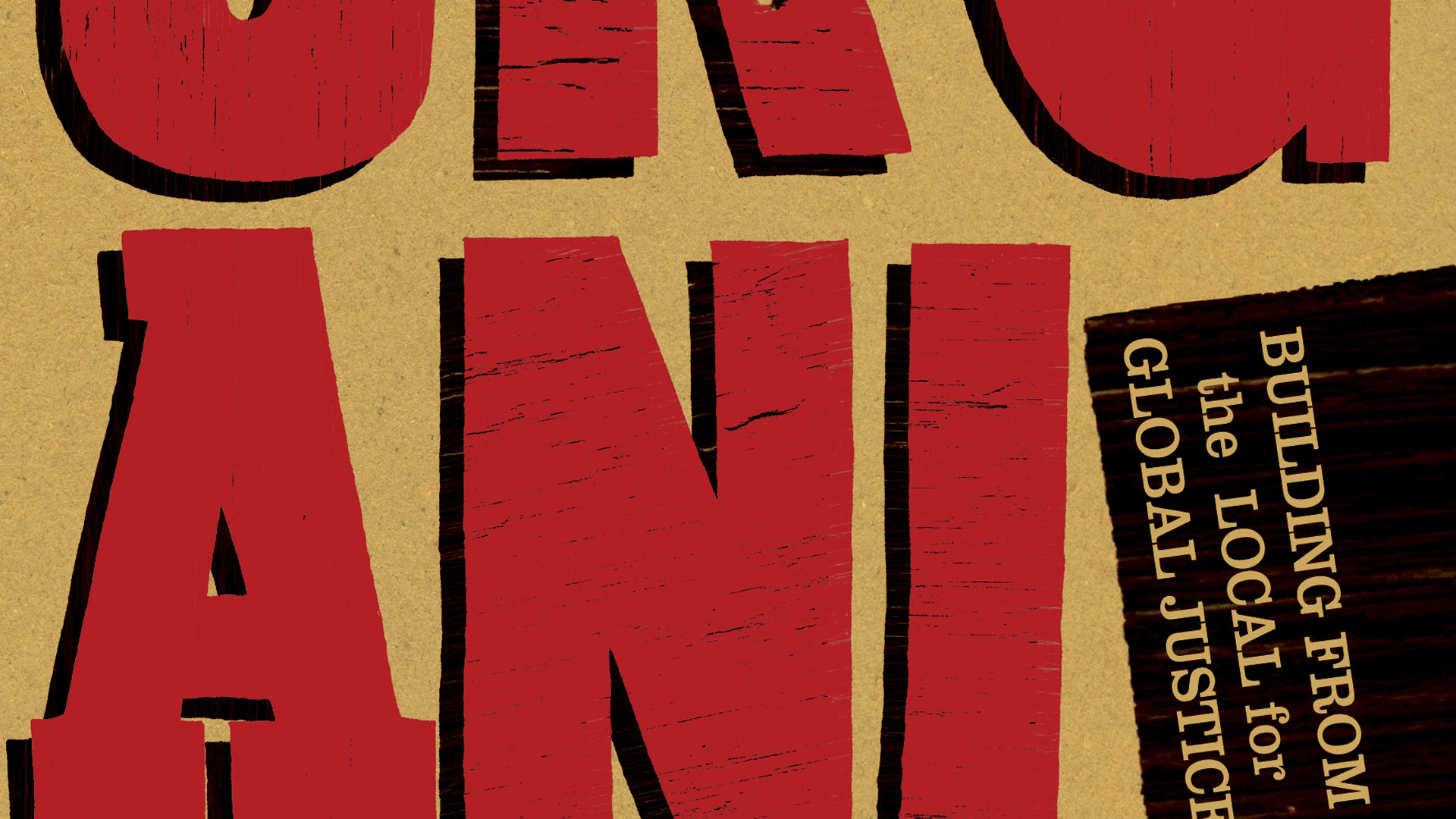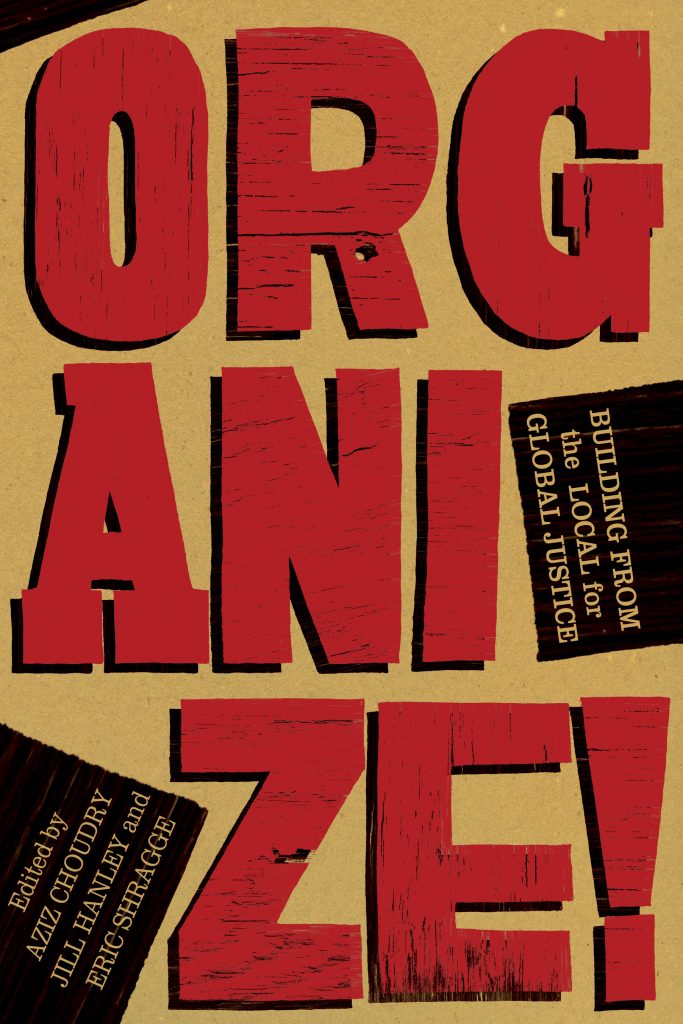by Aziz Choudry
wi: journal of mobile media
[T]he world is our classroom, a place full of ideas and
possibilities, and . . . history is replete with examples of how, even
during—and often as a result of—deep-seated crisis, change is eminently possible. – David Austin, 2009 (115)
This
is a discussion—one of many that will take place today—which would not
be happening without the willingness of thousands of people to take to
the streets, put their bodies on the line day after day, for months on
end, and, at the time of this writing, with no apparent end in sight.
For that, I am deeply grateful.
The student strike against
tuition hikes, and the broader mobilizations in Quebec since Bill 78
(the special law against student organizing and protests, among other
draconian measures) passed, highlight the importance of organizing for
social change in difficult times. Longterm efforts at coordination and
education by student organizers and their allies have built and
sustained this major mobilization. It is now viewed internationally as a
major site of resistance against the erosion of rights to education and
the downloading of economic crises onto the middle and working classes
for the benefit of economic and political elites.
These
organization and education efforts are happening in the general
assemblies in which students have been organizing the strike, debating
ideas, making decisions, voting, building strategies and solidarity.
They’re happening in teach-ins and other forums organized by striking
students and in coalition work with other communities and movements to
build connections and common fronts of struggle. They’re happening in
anti-racist organizing within the student movement, challenging racism
and the ongoing marginalization of many racialized students in Quebec.
This mobilization and education has spread to the neighbourhood marches,
casseroles, and popular assemblies springing up across Quebec.
There’s
a lot happening in the streets, every day/every night—incrementally,
incidentally, informally, through talking, exchanging, marching
together, claiming and creating space, confronting power, building
solidarities and trust—learning that could not take place in a
classroom.
Critical adult education scholar John Holst (2002)
writes that “there is much educational work internal to social
movements, in which organizational skills, ideology, and lifestyle
choices are passed from one member to the next informally through
mentoring and modelling or formally through workshops, seminars,
lectures, and so forth” (81). He calls this the “pedagogy of
mobilization” (87).
Theorizing social movements at a level which
is too far abstracted from the dynamics, particularities and
contradictions on the ground has severe limitations. What’s been taking
place across Quebec, in the general assemblies of CEGEP and university
students and in other spaces opened up by this vibrant movement attests
to the potency of “learning from the ground up” (Choudry and Kapoor,
2010). A great deal of knowledge production, learning and theorizing is
taking place in this movement, often occurring under the radar of where
we tend to assume learning and education to take place. As Griff Foley
(1999) notes, profound forms of informal learning may often be
incidental and not even recognized as such, embedded as they are in
social action.
The massive numbers of arrests and violent police
actions against protestors are hard to overlook. This is a movement
which is in turn infantilized, criminalized, brutalized by the state and
sections of the media. For many engaged in this struggle, such conflict
has facilitated profound learning about state power and the limits of
liberal democracy. In thinking these issues through, the insights of the
sociologist and activist George Smith (2006) come to mind.
He
suggests that there is a wealth of research material and signposts
derived from moments of confrontation to explore the way that power in
our world is socially organized. He contends that being interrogated by
insiders to a ruling regime, like a crown attorney, for example, brings
one into direct contact with the conceptual relevancies and organizing
principles of such regimes.
School may be out for summer for many
students, but those concerned with teaching and learning should perhaps
consider the complementarity (and tensions) between formal academic
education, and non-formal and informal learning in this struggle. As
Paula Allman (2001) contends: “Our consciousness develops from our
active engagement with other people, nature, and the objects or
processes we produce. In other words, it develops from the sensuous
experiencing of reality from within the social relations in which we
exist” (165).
In our new book, Organize! Building from the Local for Global Justice,
Jill Hanley, Eric Shragge and I identify three elements that are key to
effective organizing: analysis, action, and critical reflection on
practice. Without romanticizing the current movement, I have no
hesitation in saying that I come across each of these elements on a
daily basis in my engagement with these mobilizations and student
activists. The Quebec movement is a rich site of critical learning.
Further, the level of engagement, sacrifice and collective struggle
which many thousands of Quebec students have displayed so consistently
is forcing many to re-examine their cynical view of today’s youth as
individualistic and self-absorbed. We cannot predict the course and
outcomes of this movement but the conscientization and politicization of
a generation of students – and their courage in taking action—offers
hope for the future for many people who do not see ‘business as usual’
as a viable option faced with today’s profound economic, political and
ecological crises. Indeed, perhaps as historian Robin Kelley (2002)
suggests . . . the most powerful, visionary dreams of a new society
don’t come from little think tanks of smart people or out of the
atomized, individualistic world of consumer capitalism, where raging
against the status quo is simply the hip thing to do. Revolutionary
dreams erupt out of political engagement; collective social movements
are incubators of new knowledge (8).
References
Allman, P. Critical Education Against Global Capitalism: Karl Marx and Revolutionary Critical Education. Westport, CT: Bergin and Garvey, 2001.
Austin, D. “Education and Liberation.” McGill Journal of Education 44, no. 1 (2009): 107-117.
Choudry, A., Hanley, J., and Shragge, E., eds. Organize! Building from the Local for Global Justice. Oakland.CA/Toronto.: PM Press/Between The Lines, 2012.
Choudry, A., and Kapoor, D., eds. Learning from the Ground Up: Global Perspectives on Social Movements and Knowledge Production. New York: Palgrave MacMillan, 2010.
Foley, G. Learning in Social Action: A Contribution to Understanding Informal Education. London and New York: Zed Books, 1999.
Holst, J. D. Social Movements, Civil Society, and Radical Adult Education. Westport, CT: Bergin and Garvey, 2002.
Kelley, R. D. G. Freedom dreams: The Black Radical Imagination. Boston: Beacon Press, 2002.
Smith, G. W. “Political Activist as Ethnographer.” In Sociology for Changing the World: Social Movements/Social Research, eds. C. Frampton, G. Kinsman, A.K. Thompson, and K. Tilleczek, pp. 44-70. Black Point, N.S.: Fernwood, 2006.
Back to Aziz Choudry’s Author Page | Back to Jill Hanley’s Author Page | Back to Eric Shragge’s Author Page







